Western diplomats hold humanitarian talks with Taliban in Norway
A delegation of the Taliban headed by acting Foreign Minister Amir Khan Muttaqi has held talks with Western diplomats in Oslo over the humanitarian crisis in Afghanistan.
Taliban delegates met with the EU special envoy and representatives from the US, Britain, Norway, Germany, Italy, France and Qatar outside the capital city of Norway on Monday.
Following the talks, Muttaqi voiced hope that diplomacy could halt from worsening the plight of millions of people already suffering from hunger. “From these meetings we are sure of getting support for Afghanistan's humanitarian, health and education sectors.”
Meanwhile, Taliban spokesman Zabihullah Mujahid said after their talks that “the participants recognized that understanding and joint cooperation are the only solutions.”
Norwegian Minister of Foreign Affairs Anniken Huitfeldt, whose country is facilitating the meetings, has said the closed-door talks would “not represent a legitimization or recognition of the Taliban.” But because of the humanitarian emergency “we must talk to the de facto authorities in the country,” she said.
The top Norwegian diplomat further said Afghanistan's 39 million population was being overwhelmed by an economic collapse, the COVID-19 pandemic and drought. “One million children may die of hunger if aid does not reach them in time, and an unfathomable 97% of the population may fall below the poverty line this year.”
Afghanistan is grappling with its worst humanitarian crisis, as the United States seized nearly $9.5 billion in assets belonging to the Afghan Central Bank after the Taliban took power in August last year. The Taliban have repeatedly called for the release of the assets, but Washington has rebuffed the call.
Many of the US's allies and Western governments have also largely suspended their financial assistance to Afghanistan ever since. Aid agencies and the UN have estimated that more than half of Afghanistan's population is expected to face hunger this winter.
The Taliban, who had previously ruled Afghanistan from 1996 to 2001, took power again on August 15 as the US was in the middle of a chaotic troop withdrawal. The group announced the formation of a caretaker government on September 7. No country has yet recognized their rule. Since then, the Taliban have been struggling to contain a deepening economic crisis.
However, their efforts to stabilize the situation have so far been undermined by international sanctions, as banks are running out of cash and civil servants are going unpaid.
Back in December, the UN Security Council unanimously adopted a resolution to help humanitarian aid reach Afghans, while seeking to keep funds out of the Taliban hands. That resolution was welcomed by the Taliban authorities as a "good step."
The UN's special representative for Afghanistan has recently warned that the country is "on the brink of a humanitarian catastrophe" and that its collapsing economy is heightening the risk of terrorism.
The Taliban have warned Western diplomats that insisting on sanctions as a means to pressure their governance could undermine security and trigger a wave of economic refugees.
VIDEO | Press TV's news headlines
VIDEO | Displaced people in Jenin camp facing miseries during Ramadan
VIDEO | Struggling for survival: Water crisis in Gaza intensifies
VIDEO | US-South Korea military drills go ahead despite bombing accident
VIDEO | Gaza war aftermath: Patients at risk as fuel, medical supplies cut
Iran: US decision to revoke Iraq waiver ‘extremely deplorable’
VIDEO | Iran, Russia and China kick off Joint Naval Drills in Oman Sea
Houthi: Yemen army ready to start military actions against Israel


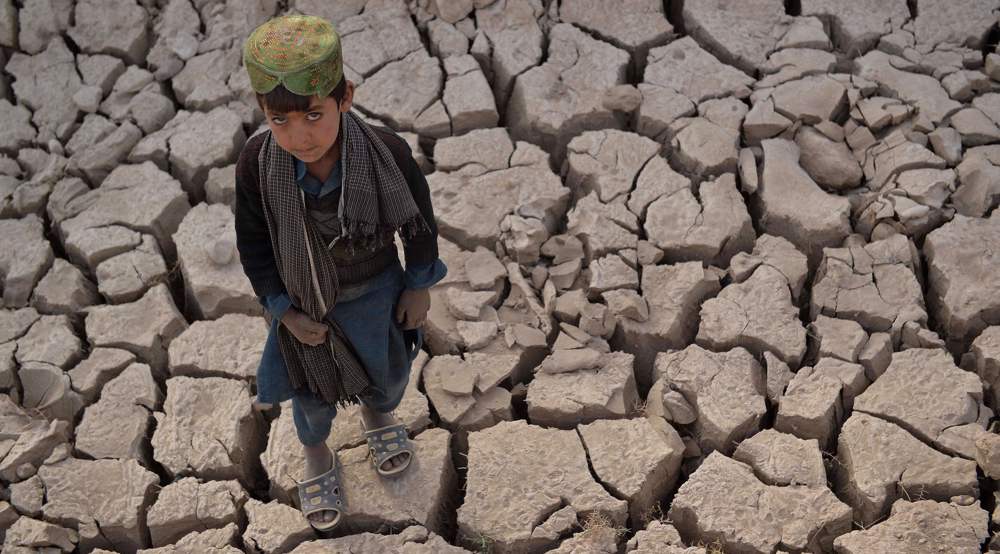
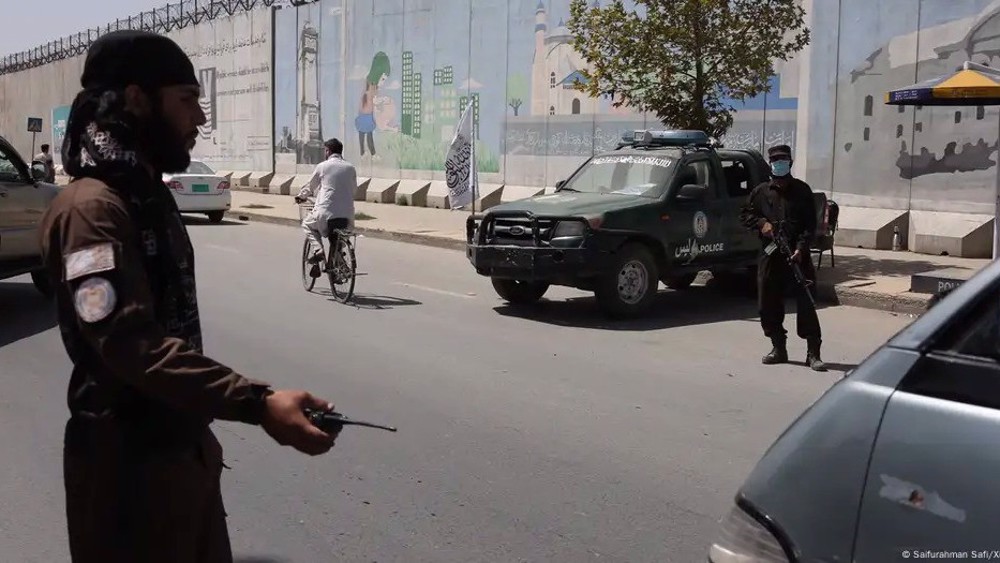
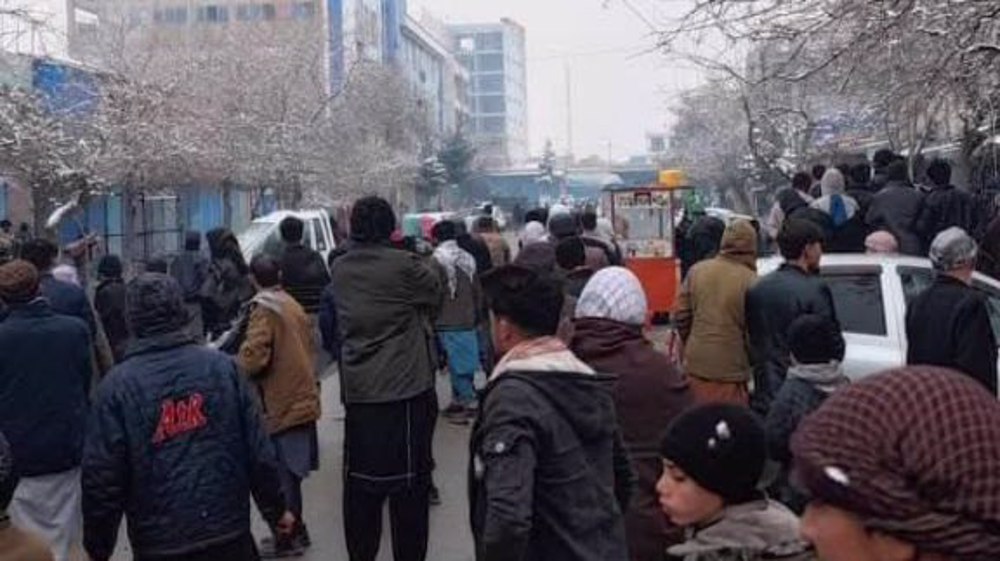
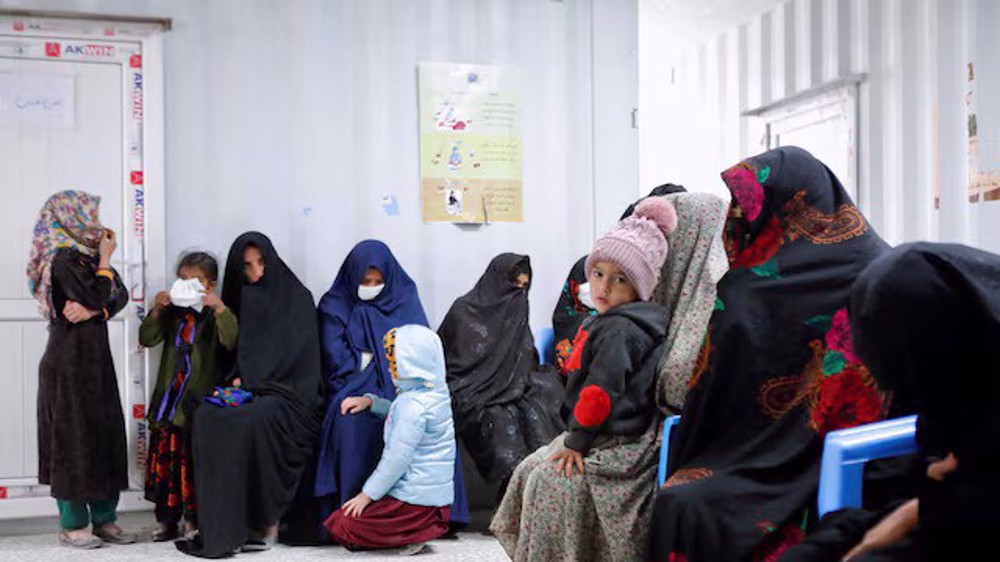



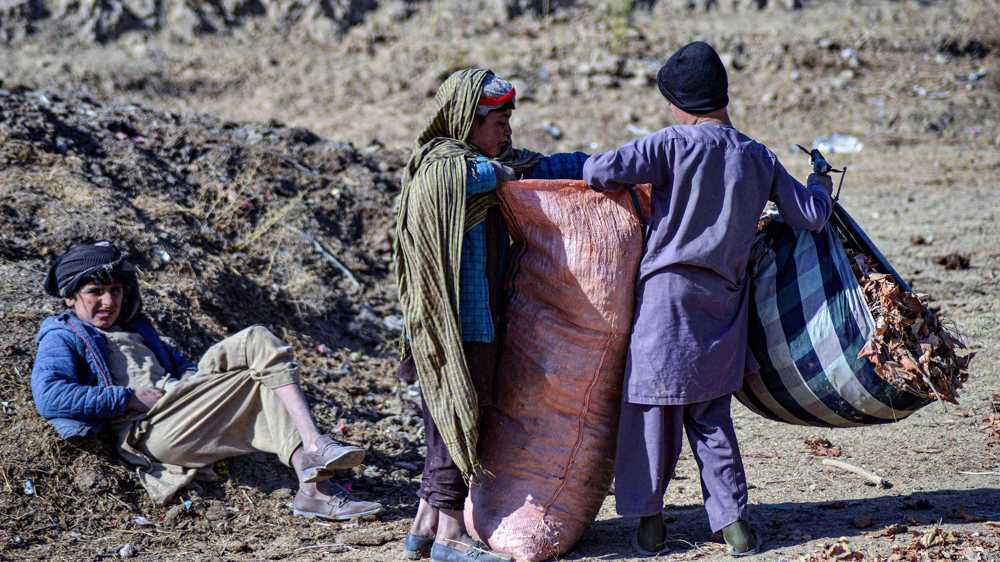
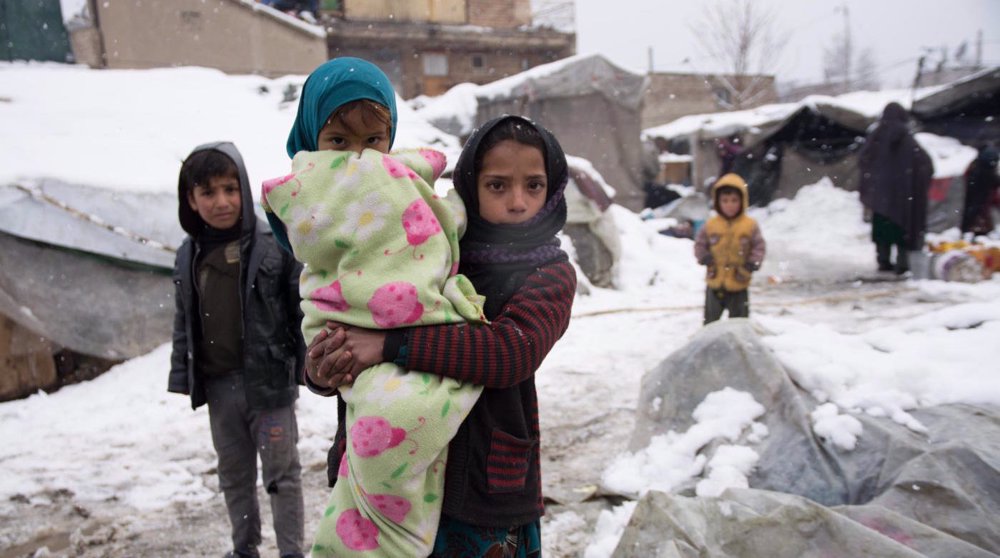
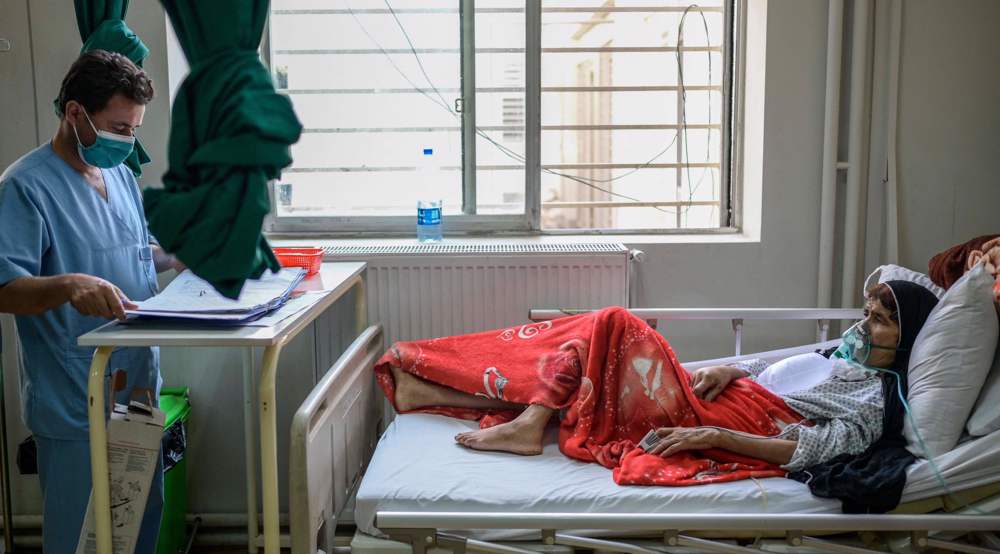
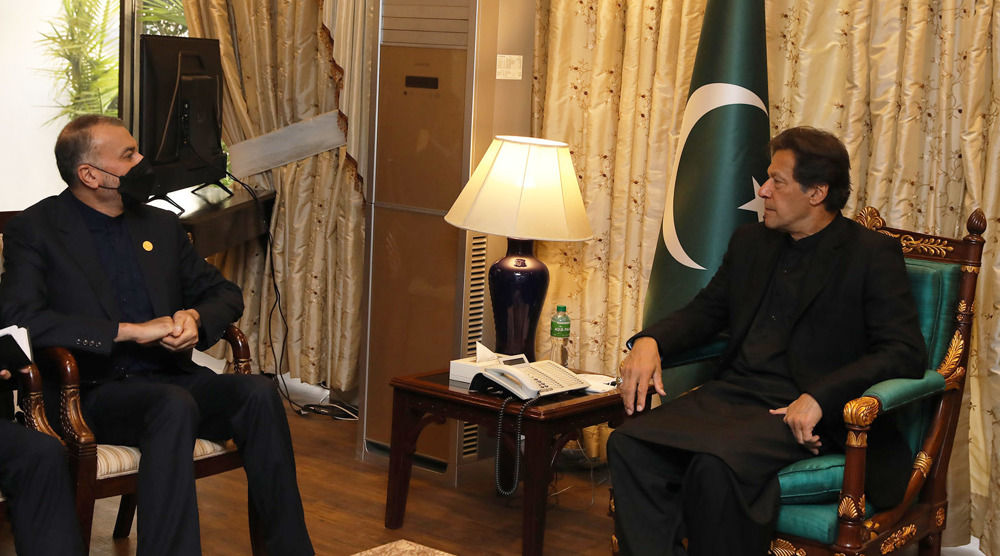
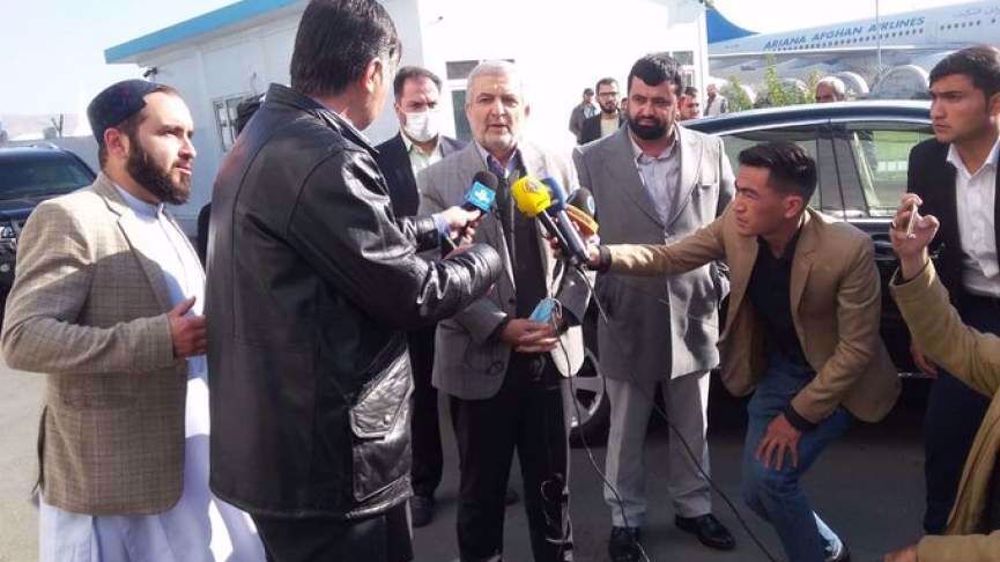
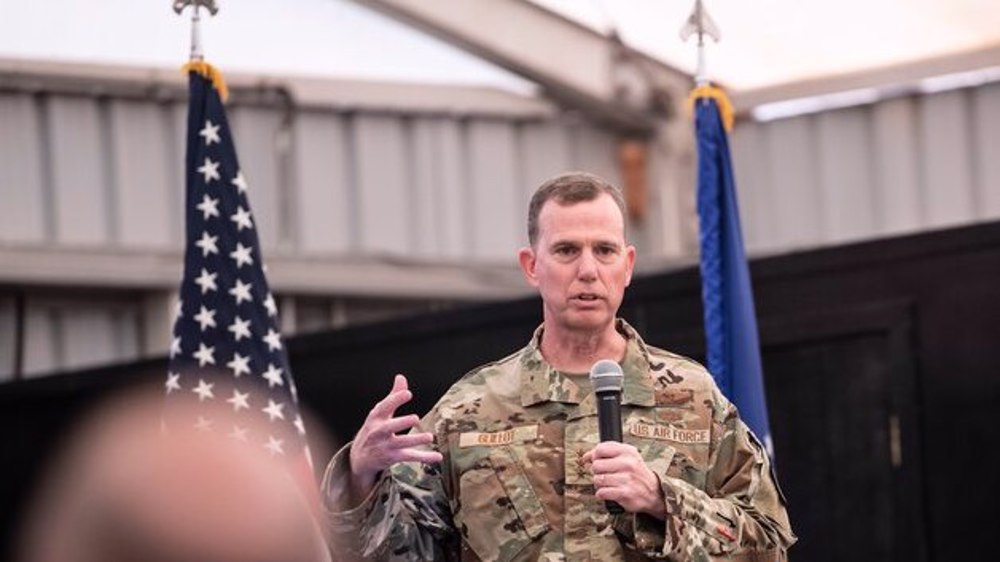

 This makes it easy to access the Press TV website
This makes it easy to access the Press TV website